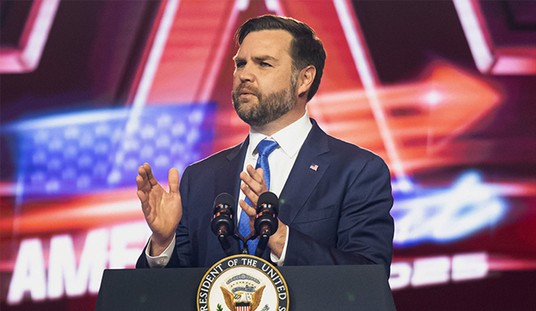Building on Christopher Hitchens’ new essay on the fate of Bombay, John Hinderaker asks what’s in a name–in this case, a lot:
Hitchens clarifies something that I missed, for some reason: the origin of “Mumbai.” I first realized that Bombay had been renamed within the last year or two when, on an airplane, I read an airline magazine article about “Mumbai,” evidently one of the great cities of the world, but of which I was entirely ignorant. I figured it could only be Bombay. Hitchens writes:
When Salman Rushdie wrote, in The Moor’s Last Sigh in 1995, that “those who hated India, those who sought to ruin it, would need to ruin Bombay,” he was alluding to the Hindu chauvinists who had tried to exert their own monopoly in the city and who had forcibly renamed it–after a Hindu goddess–Mumbai. We all now collude with this, in the same way that most newspapers and TV stations do the Burmese junta’s work for it by using the fake name Myanmar. (Bombay’s hospital and stock exchange, both targets of terrorists, are still called by their right name by most people, just as Bollywood retains its “B.”)
This may seem like a detail, but it isn’t, because what’s at stake is the whole concept of a cosmopolitan city open to its own citizens and to the world–a city on the model of Sarajevo or London or Beirut or Manhattan.
The topic of establishing new names (in some ways, a variation on the left’s eternal need to “Start From Zero“) for settled places was explored in depth an essay by Jay Nordlinger back in 2002. As Nordlinger wrote, “If you start to go native on the pronunciation of foreign capitals and other places, there’s no end to it. None”–and judging by the numerous examples he’s spotted in his column, there really isn’t–and substituting Mumbai for Bombay is merely the most recent and at the moment, most visible example.
(For my interview with Jay from this weekend’s edition of PJM Political on Sirius XM, click here.)










Join the conversation as a VIP Member